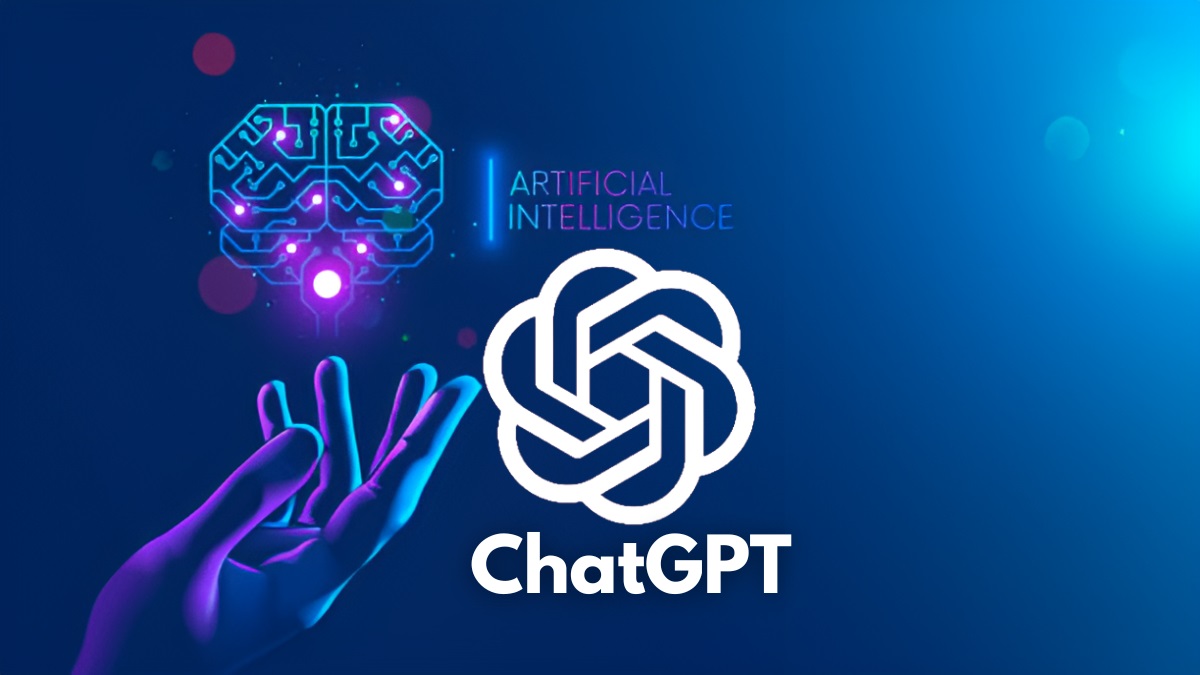Artificial intelligence (AI) and its conversational counterpart, ChatGPT, are rapidly transforming the workplace. This white paper explores the potential benefits, challenges, and ethical considerations associated with integrating these technologies into various organizational contexts. From enhancing productivity and efficiency to fostering innovation and creativity, AI and ChatGPT offer a wide range of opportunities for businesses. However, their implementation also raises questions about job displacement, data privacy, and algorithmic bias. By understanding the implications of AI and ChatGPT, organizations can harness their power responsibly and achieve sustainable competitive advantage.
White Paper Title: AI and ChatGPT: Revolutionizing the Workplace
Executive Summary
Artificial intelligence (AI) and its conversational counterpart, ChatGPT, are rapidly transforming the workplace. This white paper explores the potential benefits, challenges, and ethical considerations associated with integrating these technologies into various organizational contexts. From enhancing productivity and efficiency to fostering innovation and creativity, AI and ChatGPT offer a wide range of opportunities for businesses. However, their implementation also raises questions about job displacement, data privacy, and algorithmic bias. By understanding the implications of AI and ChatGPT, organizations can harness their power responsibly and achieve sustainable competitive advantage.
Introduction
AI and ChatGPT have emerged as powerful tools with the potential to revolutionize the workplace. This white paper provides an overview of these technologies, their key features, and their potential applications across different industries.
Understanding AI and ChatGPT
- Defining AI: AI refers to the simulation of human intelligence in machines, enabling them to perform tasks that typically require human cognition, such as learning, reasoning, problem-solving, and perception.
- ChatGPT: As a large language model, ChatGPT is a type of AI that can generate human-quality text, translate languages, write different kinds of creative content, and answer your questions in an informative way.
Benefits of AI and ChatGPT in the Workplace
- Enhanced Productivity and Efficiency: AI and ChatGPT can automate routine tasks, freeing up employees to focus on more strategic and creative work.
- Improved Decision-Making: AI algorithms can analyze vast amounts of data to provide valuable insights and support informed decision-making.
- Enhanced Customer Experience: AI-powered chatbots and virtual assistants can provide personalized and efficient customer service.
- Innovation
Challenges and Considerations
- Job Displacement: The automation of tasks through AI and ChatGPT raises concerns about job displacement and the future of work.
- Data Privacy and Security: The use of AI and ChatGPT involves the collection and processing of large amounts of data, raising questions about data privacy and security.
- Algorithmic Bias: AI algorithms can perpetuate existing biases if they are trained on biased data, leading to unfair outcomes.
- Ethical Considerations: The implementation of AI and ChatGPT raises ethical questions related to transparency, accountability, and the potential for misuse.
Best Practices for Implementing AI and ChatGPT
- Ethical Framework: Establish a clear ethical framework for the use of AI and ChatGPT, addressing issues such as data privacy, fairness, and transparency.
- Employee Training: Provide employees with training on how to use AI and ChatGPT effectively and understand their limitations.
- Continuous Monitoring and Evaluation: Regularly monitor the performance of AI and ChatGPT systems and evaluate their impact on the organization.
- Collaboration with Experts: Collaborate with AI experts and data scientists to ensure the effective implementation and management of AI and ChatGPT technologies.
Case Studies
- Case Study 1: Customer Service Automation
- Case Study 2: AI-Powered Product Development
- Case Study 3: Human Resources and Talent Acquisition
Conclusion
AI and ChatGPT offer significant opportunities for organizations to improve efficiency, enhance decision-making, and foster innovation. However, their implementation requires careful consideration of ethical implications, data privacy, and potential challenges. By addressing these issues and adopting best practices, organizations can harness the power of AI and ChatGPT to achieve sustainable competitive advantage.
References
- [List of relevant academic papers, articles, and industry reports]
Note: This is a general outline. You can customize it further based on your specific focus areas and target audience. Be sure to conduct thorough research and include credible references to support your claims. contcat keencomputer.com for details
